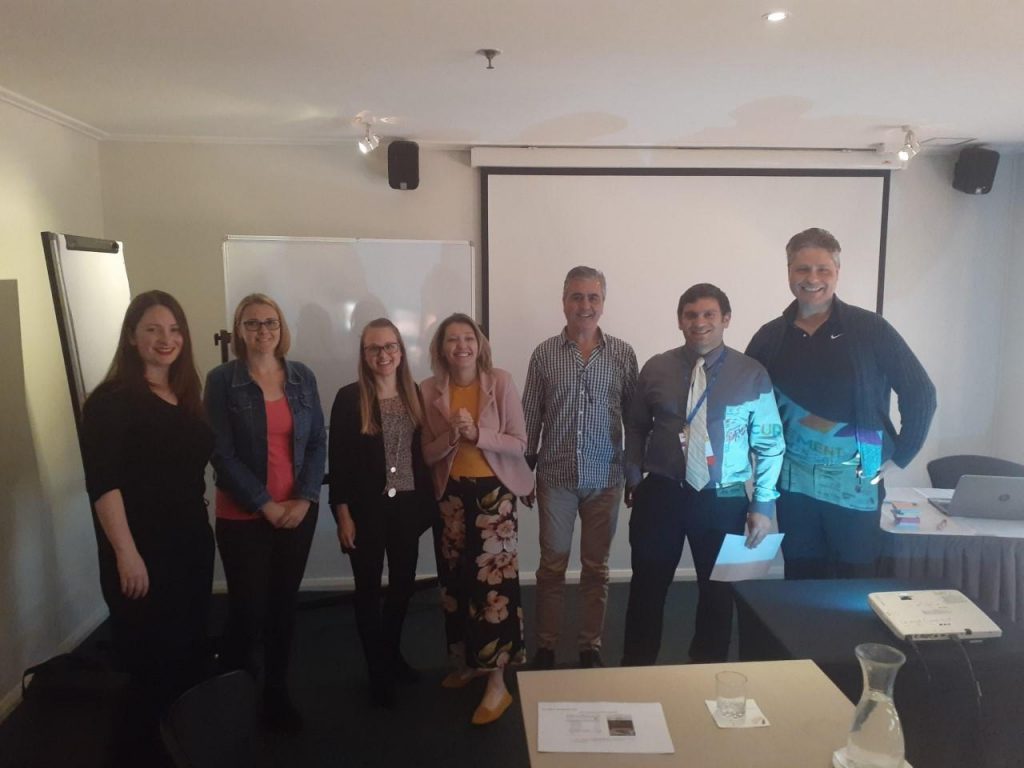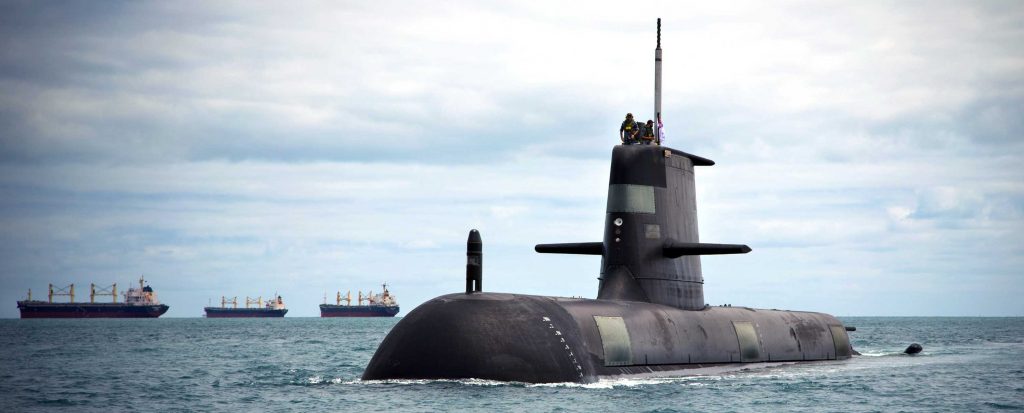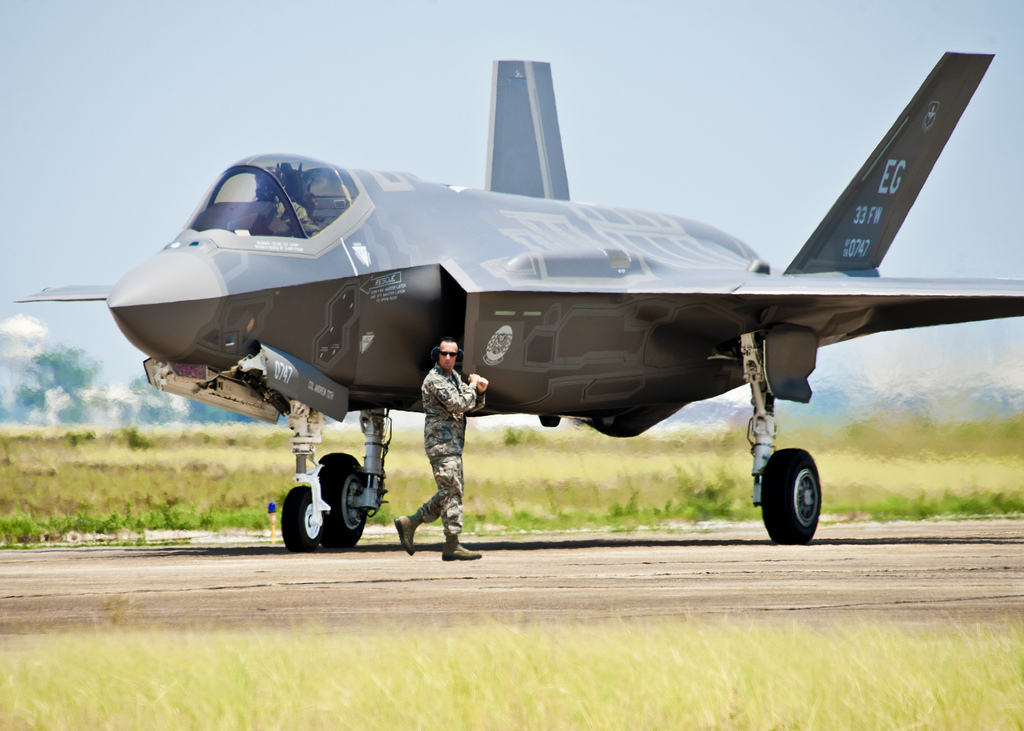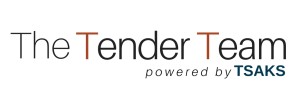Our defence industry bid writing service
The defence industry is an innovative and constantly evolving industry with a range of opportunities for companies large and small to secure contracts. Bids and tenders are an inherent part of winning defence contracts and our defense bid writers are skilled in writing military bids. The Department of Defence is the Australian Government’s single largest procurer of products and services with a substantial spend proportional to Australia’s GDP.
With the Department of Defence being a substantial and wide-ranging organisation in its own right, Defence tenders generally cover a much broader scope than your traditional military goods such as tanks and fighter jets.
Defence procurement bids are highly complex, particularly ASDEFCON tenders. As one of the Australian governments largest government departments, there are defence tenders that cover construction, e-learning, maintenance and many other industries leading to opportunities for a wide range of businesses to win defence contracts.
Our team has extensive experience in helping businesses submit and secure defence contracts. Whether you are an international submarine manufacturer bidding for a billion-dollar government contract, or a local property maintenance company based in Canberra trying to secure a maintenance contract on a defence facility, our team is ready to assist you with your defence tenders including complex ASDEFCON tenders.
We have experience across all types of military tenders, military bids and Department of Defence submissions including land, sea, air and submarine. Our Founder, Jason Cooney, has conducted training sessions in tenders and bids to the Department of Defence procurement team and has a unique understanding and insight into what the procurement teams are looking for.
With a presence in Australia, the EU and Asia, we have the resources and capacity to help you submit an exemplary response.
Our Director, Jason Cooney (second from the right) hosted key members of the Department of Defence Procurement Team at the Procurement Conference 2019 located in Sydney. 
Our Defence Sector Experience
Our specialised defence bid writers in Australia have been involved in securing contracts with the following government departments:
- Australian Department of Defence
- The Australian Defence Force
- The Royal Australian Air Force
- The Royal Australian Army
- Australian Signals Directorate
- Defence Housing Australia
- Ministry of Defence (NZ)
- Ministry of Defence (UK)
- New Zealand Defence Force
Our expert defence tender writers have helped our clients win defence contracts for a range of services including:
- Collection, sale and disposal of military spares – We have helped specialist military disposal companies as well as a broad range of recycling companies bid for military spares.
- Provision of diving equipment – We helped an international diving equipment manufacturer secure a bid and tender.
- Electronics – Including a broad range of highly complex electronic systems as well as the provision of simple electronic products and whitegoods.
- Transport – Including the supply of trucks and other logistics equipment to Defence as well as the supply of logistics services such as refrigerated transport.
- Training and simulation services and systems – This extends from weapons systems to include elearning across a wide variety if sectors such as e-learning modules for HR.
- Healthcare, mental health and PTSD services – Our experience includes writing bids and tenders for charitable organisations as well as psychologists and other medical professionals for the supply of mental and physical health support services to defense personnel.
- Major projects and construction – We have helped many builders, construction and infrastructure companies secure contracts with defence departments. This range from providing maintenance services to barracks and other defence buildings to the construction of major pieces of infrastructure such as airfields and airports. We have also been involved (for larger Tier 1 clients) in the development of bids for multi-billion dollar defence projects across Australia including in the maritime sector.
The effective defence tender tender management strategies to help you win
Quality Assurance
If your quality assurance systems and processes are independently certified it is critical that you detail this. Not only do you need to detail what industry bodies you are accredited with – you also need to talk about:
- How you monitor and quality control your service / supply to ensure you consistently deliver an exemplary service.
- Detail the systems and processes to ensure your service is timely.
- How you deal with and manage any delays and issues if and when they arise.
- Your complaints management system and dispute resolution procedures.
- Your ability and track record of acting on previous quality audits and implementing relevant recommendations.
Focus on Health and Safety
It’s no secret that the Australian Government as a whole is big on health and safety. They are generally risk-averse in their approach to procurement and your bid will need to reassure them your businesses will work to the highest health and safety standards with respect to your staff and other stakeholders.
Provide evidence of your staff training and health and safety-related qualifications in your bid. If you have a comprehensive WHS management system, append it and explain how it has been tailored to the requirements of the bid. For example, a standard WHS management system will not suffice for a company undertaking work at heights and will not put your bid in a winning position.
Ensure your Transition In Plan is comprehensive
You will need to develop and put forward a comprehensive transition in and mobilisation plan for your service or product. These are also called implementation plans. Remember to ensure it is tailored, and details the resources you will be allocated to the project as well as how you have identified potential risks.
Put forward mobilisation risk assessments and talk about previous projects which you have successfully implemented. Detail what challenges were overcome during the implementation process and how you overcame them.
Your transition in or mobilisation plan needs to clearly demonstrate that you have thought through the entirety of the mobilisation including any pilot schemes, kick-off, data transfer and privacy, resourcing and transition out (if required).
Compelling Copy
Defence tenders often focus on the fundamental principles of the Defence Force and departments. Proposals and bids need to be drafted in industry focused language and in a way that sells your services by addressing key issues. For example, if the Australian Defence Force is selling off a fleet of old trucks, this would usually go through a direct sales process as opposed to a tender process. On the other hand, if the ADF or Department of Defence was purchasing new equipment, then a tender process is what to expect. In this case, they will have subject matter experts reviewing the documentation to gain an understanding of the benefits of the equipment. Post sales service and quality are critical, and often outweigh pricing depending on the type of tender.
It’s important to write with confidence and to write to win. You need to clearly articulate your key points of difference, and position your organisation as a credible supplier to the defence industry. For example, if you have a track record of supplying other government departments, focus on this, and emphasis your capability to adhere to the additional security and other requirements of the defence industry.
It’s equally important to write in the active voice, and present a convincing argument as to why you should be the winning tender. This is where you want to combine your technical information and supporting documentation with your story, and how you will deliver. Remember, with most defence contracts, there is a strong focus on security, credibility, after-sales support and of course quality. Politics comes into it also, however, that is a topic in itself.
Write confidently, include evidence, and convince the review panel that you are the right supplier for the contract.
Clarify and answer comprehensively
Another key point in developing a response is compliance. Answer every question, and if you are not sure, ask. Asking questions of the procurement panel throughout the tender process is widely accepted and considered the norm. They often give you the opportunity to show your product or service knowledge, by asking insightful questions and developing engagement with the procurement personnel. Whichever way you consider tender responses, it is critical to comply with all regulatory requirements. If there are any compliance issues in the response, your bid or proposal will generally be dismissed. It’s important to note and consider that for transparency reasons, nearly all of the questions your post will also be posted to your competitors with the responses. Therefore, don’t include unnecessary information in your tenders.
Once you understand the competitive landscape, comply with the tender requirements, and have a good grasp of their needs, it’s time to make your tender response shine! Write in a compelling writing style and build and use informative graphics. Quotes, testimonials and ‘action captions’ are also critical to make your proposal standout. Finally, be client centric and keep your response client focused. Defence bids are generally prescriptive, however, there is often scope to add graphics and ensure that your bids reflect graphics and infographics best practice. Where you are providing solutions to complex problems, make sure you take the time to work with your graphic designers and create images that are compelling and informative.
Tick the boxes
There are lots of them. Consider compliance with security clearances, verifying suppliers and other issues such as insurance and more. Take note of the requirements of the tender and ensure that your business or organisation complies with the correct regulations and policies. Security clearance is often required and you need to ensure that you are prepared to provide the relevant documentation and certificates.
Manage the process
In all our experience completing bids, contracts and tenders for defence industry organisations large and small, one of the key challenges is project managing the response itself. In addition to the bid team (writer, coordinators and illustrators, there are generally a range of internal stakeholders and external consultants who are critical to bringing the bid together. For larger contracts, the bid process can go on for over two years with hundreds of personnel involved in the bid.
It’s critical to actively project manage the process. You need to have key responsibilities and accountabilities outlined, as well as ensure draft deadlines are in place. It’s critical to have everything organised from the start, to ensure a seamless bid development process.
Using the Department of Defence / ASDEFCON Language
Although the DOD terminology, acronyms and abbreviations can be hard to get your head around – it is important to get them absolutely correct. There is a glossary of acronyms that can provide assistance and we generally recommend a ctrl-f for all the relevant acronyms prior to submission. One of the reasons this is so important is that the procurement team live and breathe this terminology. Making errors often frustrates them and puts them in a bad frame of mind when reviewing your bid or proposal.
Leverage on your personnel
If you have former defence personnel that are part of your organisation, put them forward. Talk about your experience to deliver, project manage and implement. If you are supplying weapons systems, your ability to provide technical training will be critical and highly regarded. It is important to take not of your personnel’s skills and experience and leverage them to your advantage.
Why engage us?
Our Director, Jason Cooney, brings over fourteen years bid and tender writing experience to the role. He leads our team off four in-house consultants who are supported by over 20 contractors, who will deliver tender excellence. Our team have helped companies from all industries win Australian defence force tenders and submit department of defence tenders and bids. Our experience extends to include defence IT tenders as well as traditional military hardware.
We’re tender writing specialists. Where you have in-house bid writing teams, we bring a fresh set of ours to the process as well as insights into industry best practice. We’re passionate about graphics and using infographics to clearly convey complex solutions.
Our in-house project management processes have been refined to ensure we can manage tenders and bids spanning over many years.
Other key reasons to engage our consultants to help you win your next defence tender include:
- Two of our team members are defence tenders specialists. They work on defence tenders at least 60% of the time.
- We are able to provide writers with baseline clearance (and other clerances) if you require.
- We offer a bid identification and bid monitoring service which is useful for international companies who are looking to expand into Australia.
- We are not lobbyists. However, we understand the lobbying sector and have worked with a broad range of lobbyists in the past.
- We work around the clock. If you need help with an urgent tender, regardless of where you are located in Australia (or around the world) we are able to assist. Also, for larger bids that may take three or six months to prepare, we work around the clock in the final week or fortnight of the tender if required, in order to ensure you submit a quality bid.
- We work well with highly technical internal stakeholders. In preparing any defence bid, there is more than likely always some form of highly technical documentation and writing required. We work constructively with technicians, engineers and other personnel in order to deliver quality written content.
- We are experienced in working with different cultures. You may be a local Aussie company, or a Korean, American, English or European defence giant. Either way, we understand the clear and culturally empathetic communication required with all internal stakeholders (including those based overseas) in order to deliver a quality bid.
- We are defence tender experts. Along with construction, defence tenders are what we specialise in. Our founder, Jason Cooney, recently hosted a tender and bid writing workshop with the procurement team from the Department of Defence. As such, he has intimate knowledge of the writing style you need to adopt in order to secure defence contracts.
- We want you to win and we have a strict conflict of interest policy. We will of course never work on the same bid for two clients. We also keep all documentation strictly confidential within our team and delete any content when it is not required.
Contacts with Government
We specialise in writing winning bids and proposals. That’s why we can’t help our clients lobby government or communicate on a direct to government level. However, we love to help our clients.
We work with consultants who specialise in that field who help our clients lobby government for different contracts. It’s another world, not our world, but we’re happy to point you and your business in the right direction.
Call our team today
To employ the services of a consultant with extensive experience in writing defence tenders, contact Jason Cooney on +61 (0) 410 448 770 or email info@thetenderteam.com.au
Our team are based in Sydney, Australia and have helped companies across the globe including in the United States, Saudi Arabia, USSR, Japan and Germany. We assist clients across Australia including in Sydney, Melbourne, Darwin, Perth and Western Australia, South Australia (including Adelaide and all regional areas) and Hobart. We can help you with all your Department of Defence sibmissions.







[…] Defence. For additional information on our defence capability, please refer to our defence page found here. […]